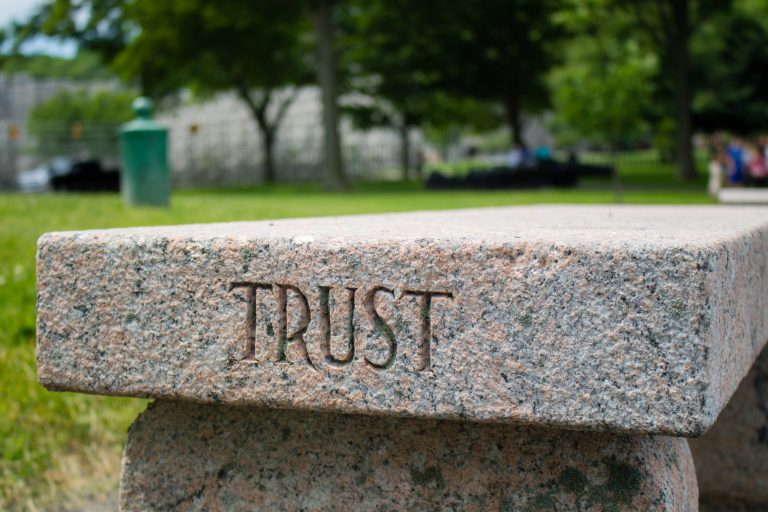Less Is Now Better in the World of Blockchains
Blockchain technologies, NFTs and cryptocurrencies are now dominating the headlines more than ever these days. Like most any new trend or movement, new terms and nomenclature are born and slowly become more mainstream. It is natural to have a new set of technical terms and acronyms when a new trend or industry emerges. As a translation company that works daily with these new terms for its clients, it is important for us to identify accurately these terms-of-art and find the correct translation in often over 100 languages. While not an easy task, it is one we are accustomed to as we work in many industry verticals.
However, every once in a while, we are surprised to see how an industry can redefine a common word and use it in a different way. Kind of like how Apple made us question the use of the words “Think Different” (rather than “Think Differently”), blockchain is now redefining the use of certain commonly used terms. Beyond, “hard wallet,” “soft wallet” or even “Bitcoin,” what caught our attention in a quality-review meeting was the word “trustless.”
We started seeing many of our blockchain company clients describe their technology as “trustless” in marketing titles. Our initial reaction what that this was clearly an editorial mistake. We then ran searches on all of our translations for our blockchain clients to see if this “error” was repeated in other text and languages. What we quickly found was that “trustless” was actually used correctly and on purpose by the blockchain companies. It turns out that in this case, “trustless” was not only something positive but you could even go as far as saying that it was THE ideal objective.
Given the importance of the use of the word, I personally looked into this issue as it impacted text in many languages and target audiences across the globe.
So how can something “trustless” be positive? In our world, “trust” is a word that has only positive connotations and one that denotes a human construct necessary for our society to function. We trust our banks not to steal our deposits; we trust our food not to contain poisons; we trust our cars to operate safely; and we trust our translations to be accurate and reliable. So then the opposite idea, “trustless,” should be negative under almost every use.
Most companies strive throughout their existence to build trust in their products and services, as do people in terms of their personal attributes as humans. The last thing a company, product or person wants to be is “trustless.”
Merriam-Webster defines trustless as “not deserving of trust: faithless; distrustful.”
Now, imagine something so inherently solid or true that there is no need to ponder about trust. Every day, you may walk on your front lawn knowing that the ground will hold you. You do not question the solidity of the ground. You do not even have to bring in the concept of trust as you just know it to be so. You do not have to “trust” whether a beautiful sunset is real or not real; you just know it to be true. You do not “trust” whether 1 + 1 is 2 but rather you know it to be so. You do not need to trust whether a baby’s smile is genuine or not.
Well, this is how blockchain companies use the term “trustless.” In other words, no trust is necessary as the thing itself is that reliable on its own. There is no need for it to gain your trust. You do not need to trust the bank as there is not a banking entity or management to trust. The objective of the “pure” decentralized blockchain projects is to create systems that do not require trust as they are verified by the system itself without bias or human intervention.
Now, whether these companies or projects can achieve this objective remains to be seen. However, I found the “trustless” goal to be interesting, and it actually made me think a bit more about the word “trust” that happens to be a central part of the name of our company. I do not anticipate renaming our company anytime soon, but it certainly made me have a renewed appreciation for our enterprise and the complexities it faces to provide an accurate service to our clients.
Photo by Dave Lowe on Unsplash


